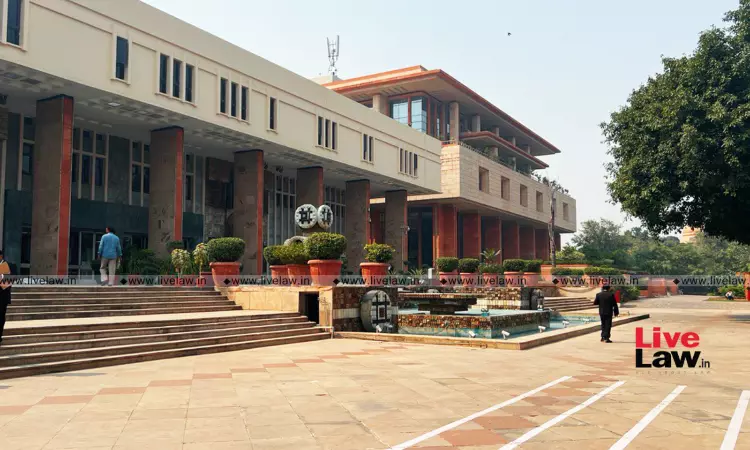The Delhi High Court bench of Justice Yashwant Varma and Justice Dharmesh Sharma dismissed an interim application filed against the decision of the National Financial Reporting Authority which imposed penalties on CAs and audit firm for lapses in the audit of Reliance Capital Limited for the FY 2018-19. According to the consolidated financial statements for 2018-19, Reliance Capital...

